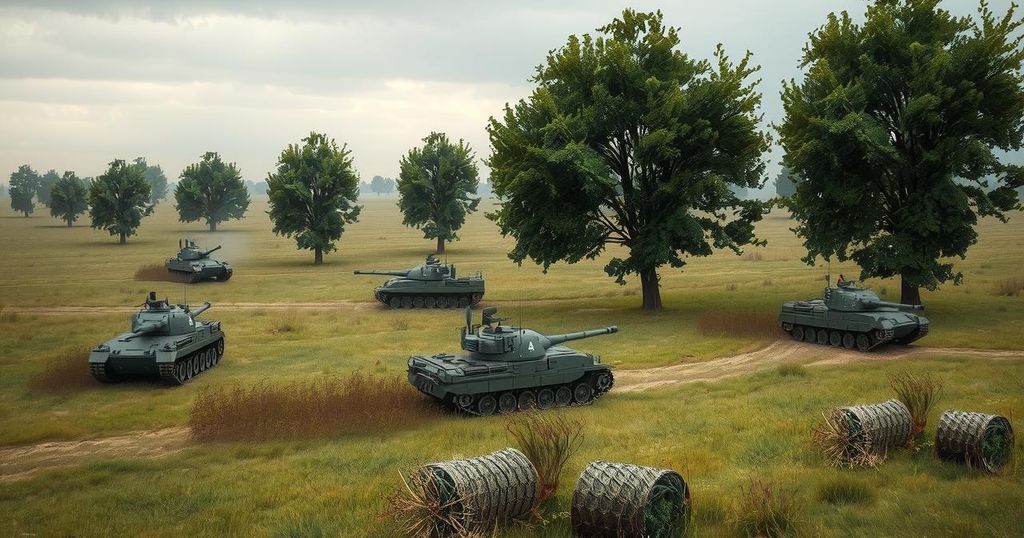Putin Prepares North Korea for New Military Conflicts Amid Growing Reported Cooperation

Vladimir Putin is equipping North Korea for potential military conflicts as reports indicate that North Korean troops are gaining tactical warfare experience while supporting Russia in Ukraine. A recent U.S. State Department report highlights the troubling military cooperation between the two countries, raising concerns about the implications for regional stability and international security.
Recent reports suggest that Vladimir Putin is preparing North Korea for potential new military conflicts, emphasizing the troubling tactical advanced strategies being cultivated within the nation. The U.S. State Department’s Multilateral Sanctions Monitoring Team (MSMT) released a document highlighting how North Korean troops are being trained in what is termed “first-hand experience in modern warfare.”
As part of Russia’s ongoing war efforts in Ukraine, North Korea has sent thousands of troops to the frontlines, alarming international observers. This MSMT report, titled “Unlawful Military Cooperation including Arms Transfers between North Korea and Russia,” accuses both nations of wartime engagements that not only undermine United Nations Security Council resolutions but also enhance Russia’s missile capabilities targeting Ukrainian cities.
“According to MSMT participating states, these forms of unlawful cooperation between the DPRK and Russia contributed to Moscow’s ability to increase its missile attacks against Ukrainian cities, including targeted strikes against critical civilian infrastructure,” the report points out. It highlights how the collaboration has allowed North Korea to strengthen its military programs, particularly in developing ballistic missiles, while gaining essential military knowledge from its participation in the conflict.
Experts speculate about North Korea’s motivations for seeking such military training. Initial reports indicate that the North began striking deals with Russia soon after the Ukraine invasion, possibly aiming to leverage their position during the anticipated peace negotiations. This includes deploying troops donned in Russian uniforms and making use of Russian military equipment.
By October 2024, North Korean soldiers were reportedly joining combat scenarios alongside Russian forces. The MSMT asserts that over 11,000 North Korean troops have been deployed in support of Russia’s offensive, engaging in operations using artillery and other military techniques.
Following their training, a significant number of those North Korean troops were sent to the Kursk frontlines in December 2024, immediately entering combat. Eyewitness accounts recorded that these troops operated in organized groups, often making them easy targets for the Ukrainian defense.
Combat involving North Korean forces was particularly noted in areas like Plekhovo and Malaya Loknya during December. Unfortunately, those engagements resulted in significant losses, prompting North Korea to dispatch replacement troops. The report indicates that around 3,000 additional North Korean soldiers were sent to bolster ranks between January and March 2025.
In addition to troop movements, the report also outlines that North Korea transferred at least 100 ballistic missiles to Russia, which were subsequently used in attacks on inhabited areas in Ukraine, including Kyiv and Zaporizhzhia, further illustrating the grave implications of this military relationship.
The increasing military collaboration between North Korea and Russia has raised alarms among international communities. With North Korean troops gaining combat experience through their involvement in the Ukraine conflict, the potential for new offensives looms. This situation poses multiple risks, including escalated conflict in regional geopolitics and a greater threat to civilian infrastructure in Ukraine due to missile support. As North Korean forces continue to deploy alongside Russian troops, understanding the ramifications of these developments and responding to them effectively becomes crucial for global stability.
Original Source: www.the-express.com








